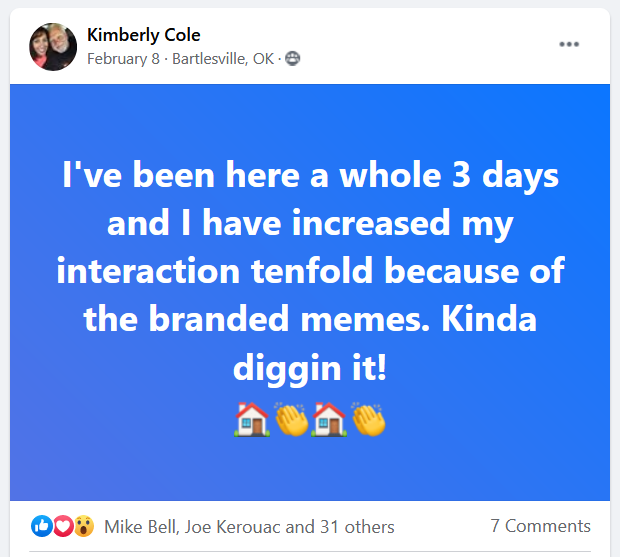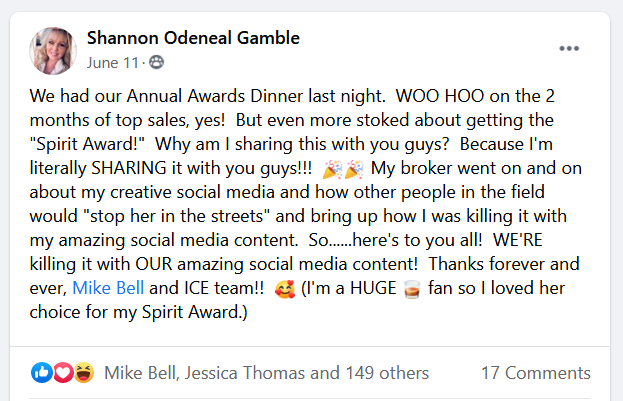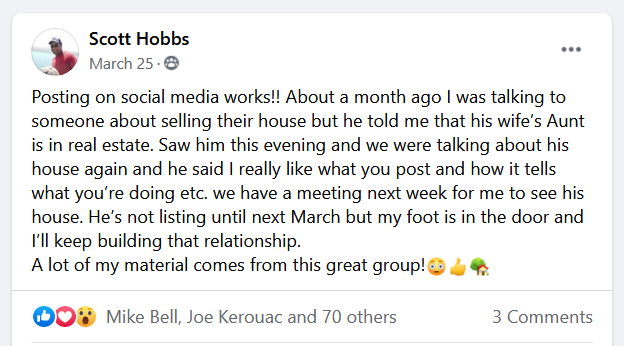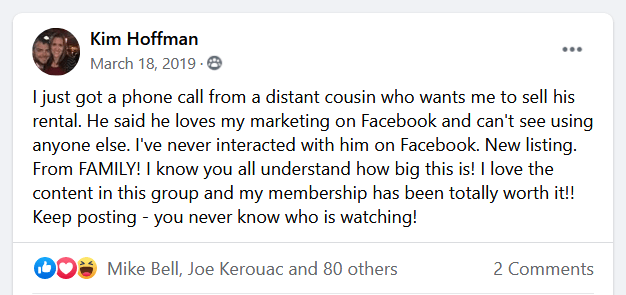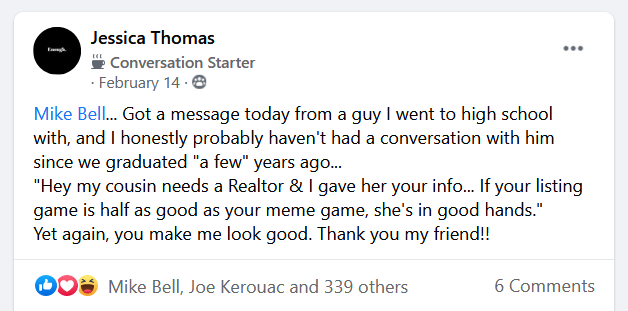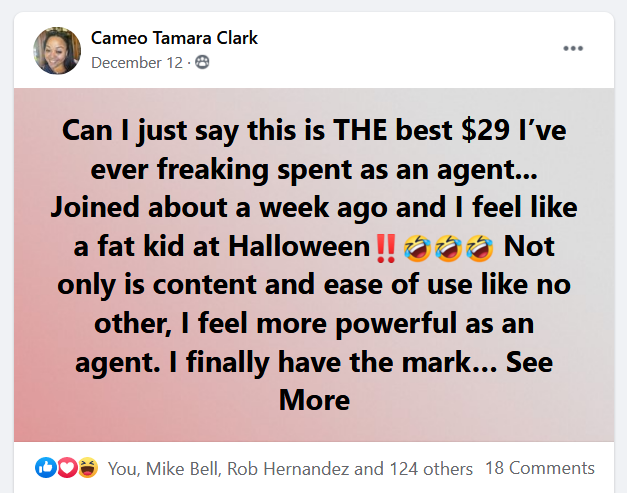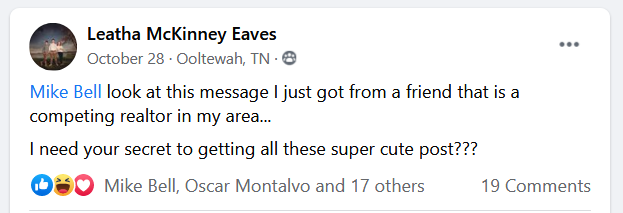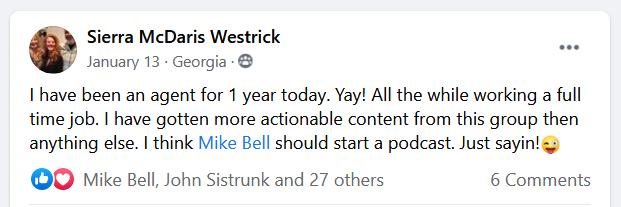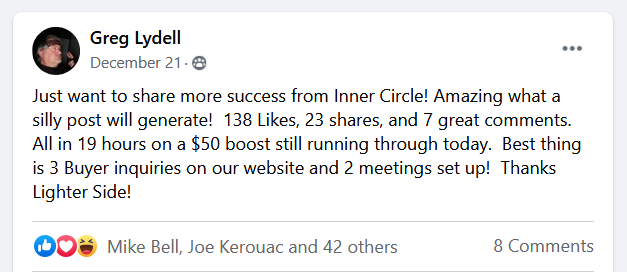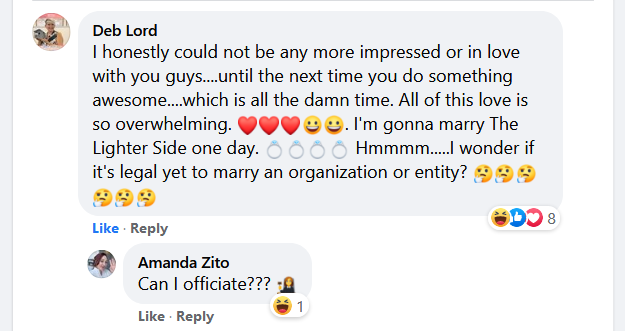
Why Real Estate Agents Should Always Brand In Stilettos
Crazy title for an article, right? I know. Stick with me, though. I promise this isn’t some sort of “clickbait.” There’s a powerful message if


There are some pretty weird words in the world of real estate. Fortunately, unless you’re an agent, you don’t actually need to be bothered by the technical jargon, especially since many of them will never come up when you’re buying or selling a house…
…but they might! Plus, some of them are just plain fun to say, and cool to know about!
Check out these 8 unusual real estate words and terms, and get ready to blow your agent’s mind when you know what they mean if it ever comes up when you buy or sell a house:
Images of cattle often come to mind the first time people hear the word chattel — and could be referring to cows — but chattel is basically any personal property that isn’t actually part of the real estate, like furniture, or a lawn mower. Those types of things might end up being part of a negotiation and deal, but they’re not considered part of the property.
Technically, you could get legal ownership of someone else’s property for free, just by maintaining or using it for a period of time. An example often given is for someone to maintain a portion of their next-door neighbor’s yard as their own for a period of time, until they can claim that it’s their own property. The amount of time varies between 3-30 years from state to state, and you also have to meet five other requirements:
It’s not simple to pull off in most cases, without the true owner saying something, but it can and does happen! Besides, most people wouldn’t even think of doing something like this to their neighbor. But just to be safe, if you see your neighbor mowing your lawn, don’t presume they’re just doing you a favor. So if you see something, say something, like “Get off my lawn!”
Uh oh, who cheated?! Well, technically nobody, but it might feel like someone got cheated out of their property if this word comes up. Escheat refers to when an owner of real estate dies without any heirs or beneficiaries, and it becomes the property of the government.
Riparian rights might sound like something you get if you’re hired to repair someone’s house or property, but it’s actually the rights you get when you own waterfront property to gain access to and use the water in front of their property, and often entitles them to an unobstructed view of the water and the right to build a dock. It also can allow the owner to gain more land if the shoreline grows due to sand or sediment building up… but it can also mean the owner loses property if the sand recedes into the water.
Littoral rights are closely related to riparian rights, since they apply to the use of land that borders a body of water, such as a pond, lake, or ocean. If you own property that borders water affected by high and low tides, you own everything up to the median watermark. If you own land that borders water which is not affected by tides, you own everything up to the middle of the body of water. So if you own property on a pond or lake, you can walk into the dead center of it and still be on your property.
Lis pendens sounds like a Latin term for when you see a for sale sign that says “Coming Soon” go up on someone’s front yard. But this isn’t referring to a listing that’s about to come on the market, a lis pendens is an official notice to the public that there’s a claim on the property and / or a lawsuit has been filed against it.
When you hear the word tenancy, you probably think this refers to renters, but tenancy in common is actually a term used for people who own property together, and how their individual ownership interests are defined and protected. An example would be if two or three friends bought a house together and one of them dies, the other owners don’t just get more ownership of the property; the heirs or beneficiaries of the one who died do.
Quiet enjoyment is a term you find in leases. It might sound like something that’s in there to make sure the renter isn’t throwing loud parties, or blaring their music too late at night, but it’s actually in there to protect a tenant from their landlord. Simply put, although the landlord owns the property, it’s the tenant’s home and they have the right to enjoy it peacefully without their landlord barging in, harassing them, or telling them how to live.

(Shh, our secret)
Show your sphere your an expert. We have over 2100 articles covering every real estate topic your audience will love.
Position yourself as a real estate authority!
Real estate + topical events — the perfect match!
Become the bearer of good vibes!
Because hey, everyone loves to laugh!



Get our weekly email that makes communicating with your sphere on social actually enjoyable. Stay informed and entertained, for free.

Crazy title for an article, right? I know. Stick with me, though. I promise this isn’t some sort of “clickbait.” There’s a powerful message if

Question: Have you seen the postcards most agents send out? BOOOR-ING! I’m pretty sure they make the prospects sleep-walk on their way back inside the

At this point everyone knows not to fall for the email from a Nigerian prince promising to share his fortune with you if you just

Social media is a blessing and a curse for real estate agents. It has made it so much easier (and less costly) to stay in

Fair Warning: This story isn’t exactly short. BUT… if you stick with me til the end, AND you’re a real estate agent, you’ll receive a
Depending on your situation, it may not take the full 30 minutes.

This reset password link has expired. Check the latest email sent to you.
